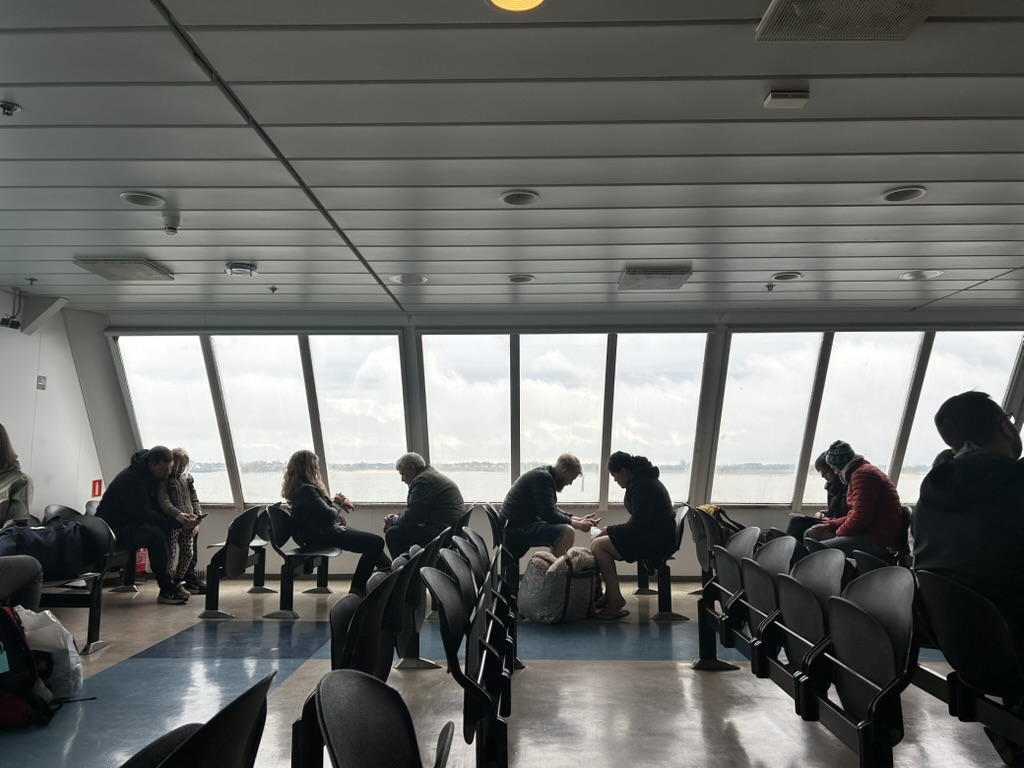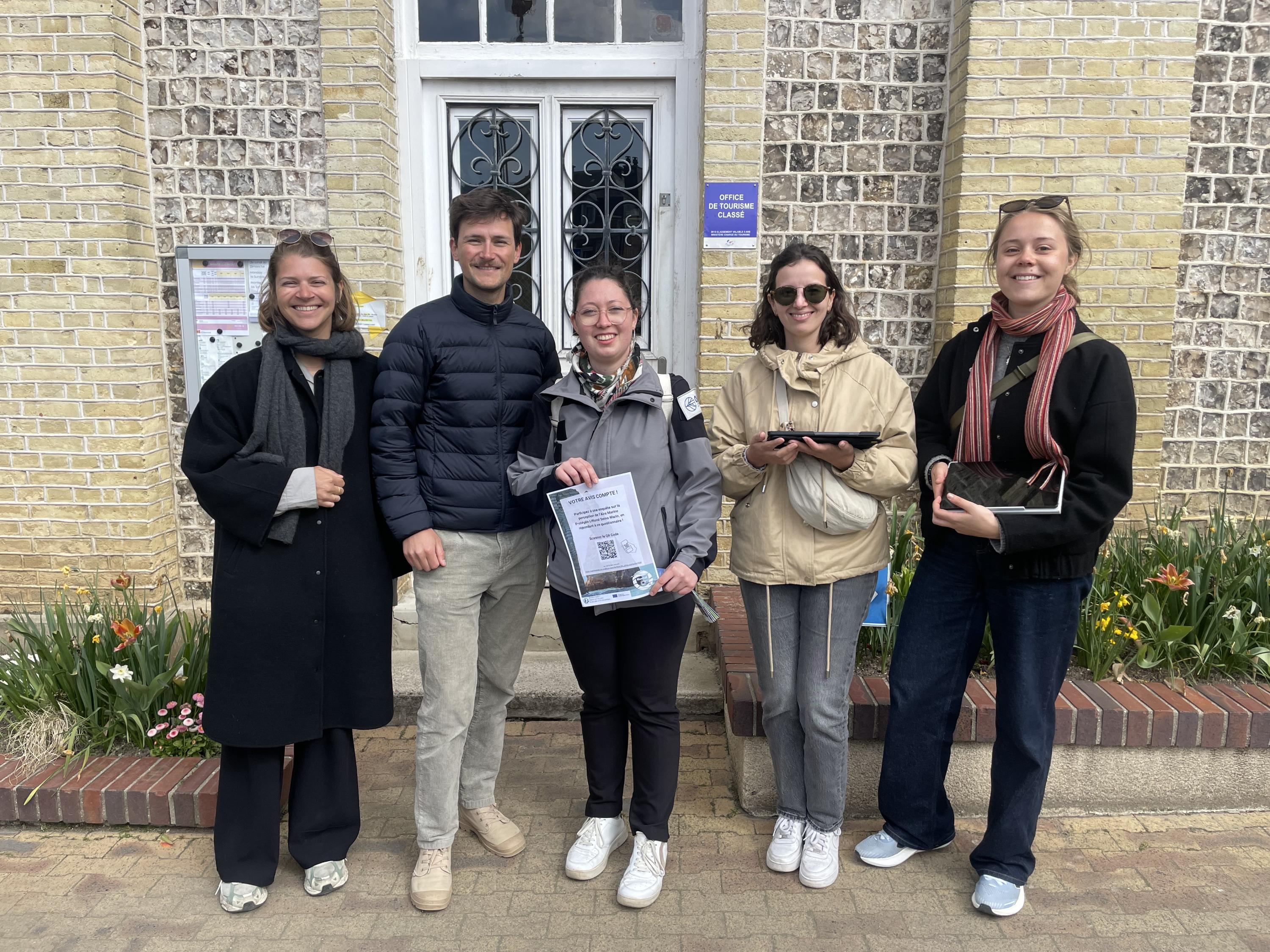As part of the Blue4All project, Marine Protected Areas (MPA) across Europe are actively engaging stakeholders and being involved in tool testing by our project partners designed to support inclusive and effective MPA management. This April, the Danish Wadden Sea and the French Natura 2000 network served as testing grounds for such tools - each tailored to their unique ecological and social settings. The recent fieldwork conducted in both locations by the University of Antwerp (UA) marks an important milestone in ensuring these tools are not only scientifically sound but also contextually grounded and accessible.
Danish Wadden Sea: Integrating Expert Knowledge and Public Perceptions

In the Danish Wadden Sea Living Lab, the focus is on testing a set of tools that assess and communicate the social and ecological values of local ecosystems. One of these tools is an expert-based ecosystem service assessment that uses Sankey diagram visualizations. This method illustrates how various environmental pressures, ecological components, and ecosystem services interrelate, using two key species, dwarf eelgrass and the dark-bellied brent goose, as focal points. The diagram is being adapted to the local context through expert interviews and scoring sessions, helping translate complex ecological interlinkages into visually accessible outputs that can support decision-making and stakeholder communication.
In addition, the SolVES (Social Values for Ecosystem Services) tool is being implemented to capture the spatial distribution of cultural values in the area, particularly those related to birdlife and coastal experiences. This tool relies on public surveys to map how people value specific locations and ecosystem services.
To feed into SolVES and support broader understanding of public perceptions, the UA- team conducted fieldwork from 14–20 April, surveying ferry passengers between Esbjerg and the island of Fanø. Collaborating closely with SDU (University of Southern Denmark), the Wadden Sea National Park Authority, and HELCOM, participants were invited to engage in participatory mapping exercises via tablets. Respondents highlighted areas of personal and ecological significance and shared their emotional connections to the landscape. This direct engagement provides a deeper understanding of how the park contributes to identity, wellbeing, and appreciation of nature, information that will be directly integrated into the ongoing tool testing and adaptation.
French Natura 2000 Network: Gauging Social Values Along the Normandy Coast

In the French Living Lab the tool testing, also coordinated by the University of Antwerp, centers on raising awareness of the ecological value of MPAs among two primary stakeholder groups: tourists and shellfish farmers. Through targeted surveys and interactive methods, the tools aim to uncover how these groups perceive and value key ecosystem attributes, thus informing more inclusive communication strategies and management approaches.
From 7–10 April, a team from UA carried out fieldwork in Étretat, Veules-les-Roses, and Saint-Valery-en-Caux, engaging visitors at seafront promenades and local tourism offices. With support from the French Office for Biodiversity (OFB), over 200 participants completed a survey designed to assess their views on ecosystem services provided by nearby MPAs. Using methods such as contingent valuation and best-worst scaling, the team gathered valuable data on how tourists prioritize different ecological and recreational aspects of the marine environment. These insights will help refine the awareness-raising tools and are expected to be analyzed and reported by the end of May.
The recent field campaigns in both Living Labs highlight the strength of the Blue4All approach: combining science-based tools with locally grounded knowledge and participation. By engaging both experts and everyday visitors, we ensure that the tools being tested reflect the diverse values and needs tied to Europe’s marine ecosystems - laying the groundwork for more resilient and socially inclusive MPAs.